20 Critical Thinking Questions About American Pop Culture Holidays
“Explain how ‘It’s a Wonderful Life’ both reinforces and challenges prevailing social norms both then (release date) and today.”
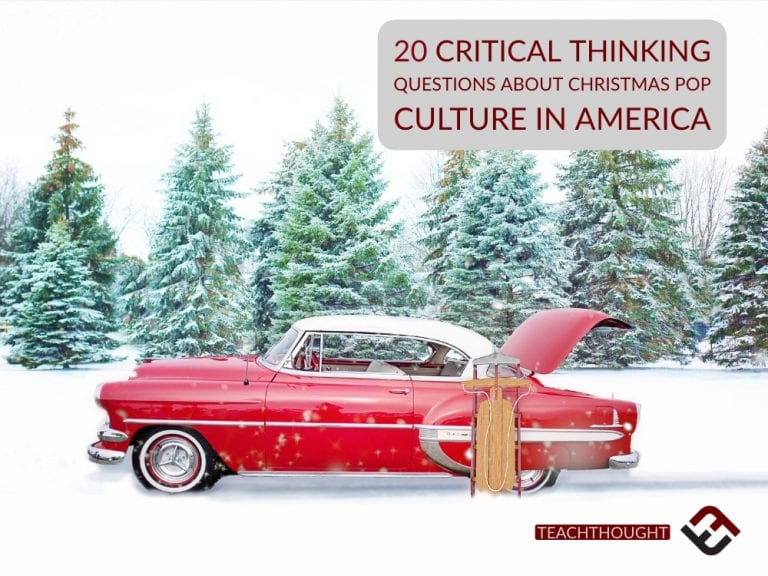
“Explain how ‘It’s a Wonderful Life’ both reinforces and challenges prevailing social norms both then (release date) and today.”
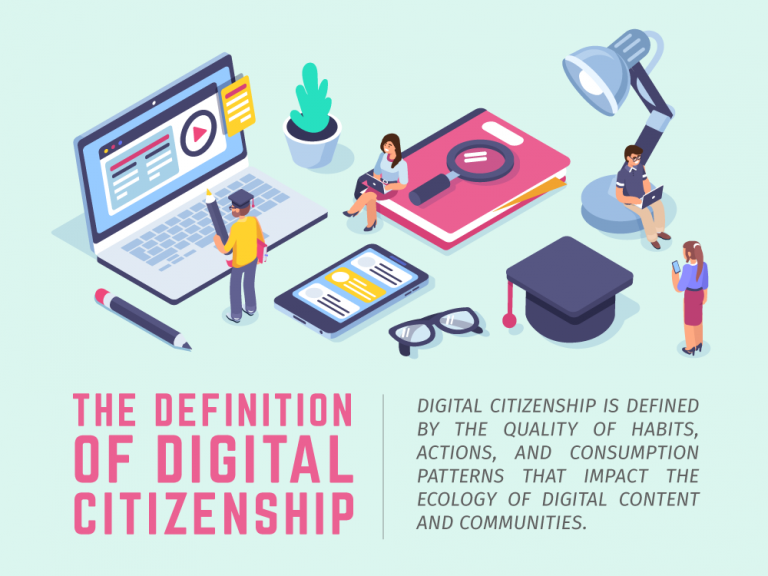
Digital Citizenship is the quality of habits, actions, and consumption patterns that impact the ecology of digital content and communities.
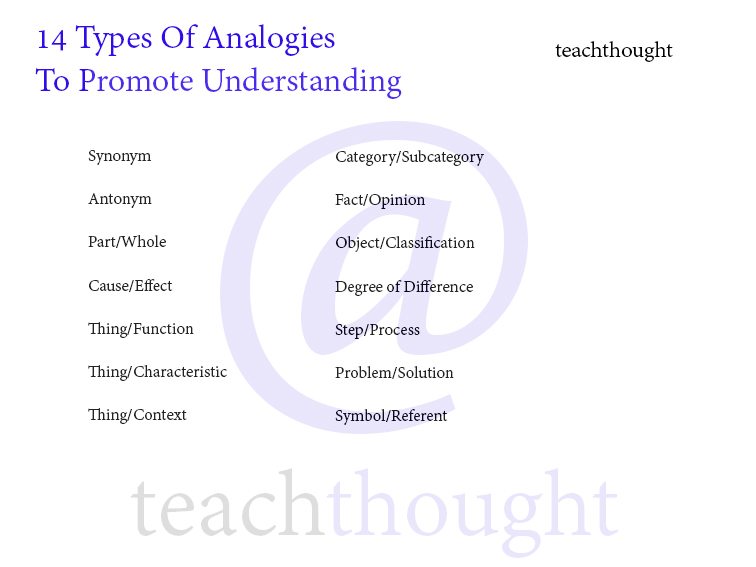
From part to whole to synonyms and antonyms, to cause and effect and step and sequences, here are good examples for teaching with analogies.
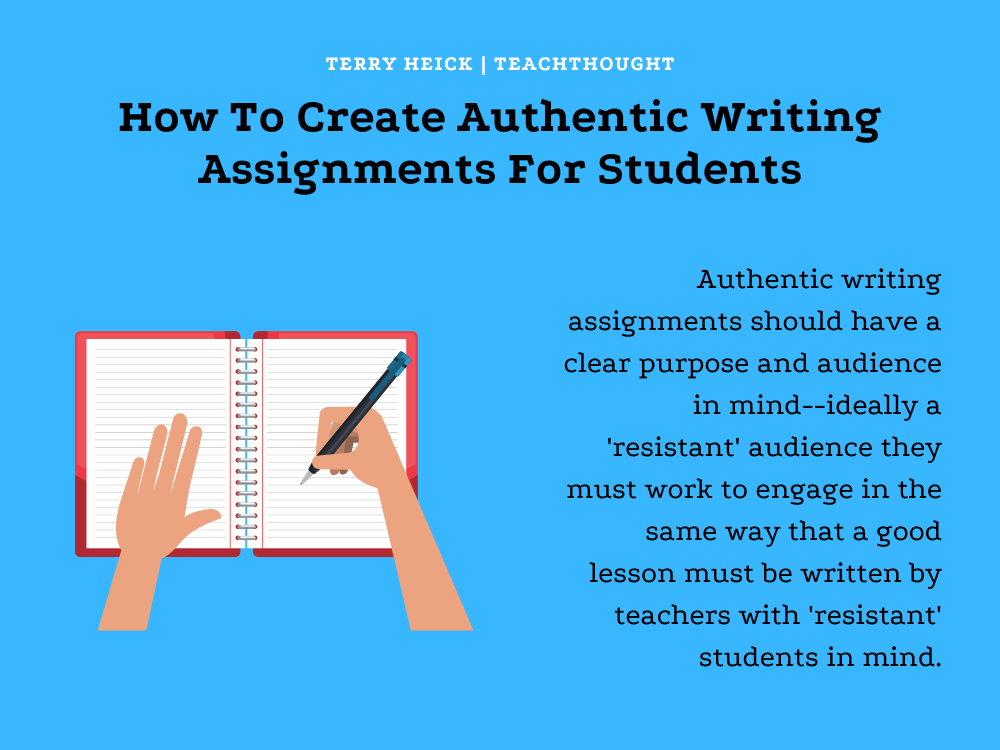
To create authentic writing assignments, you should have a clear purpose & resistant audience in mind — one students must work to engage.
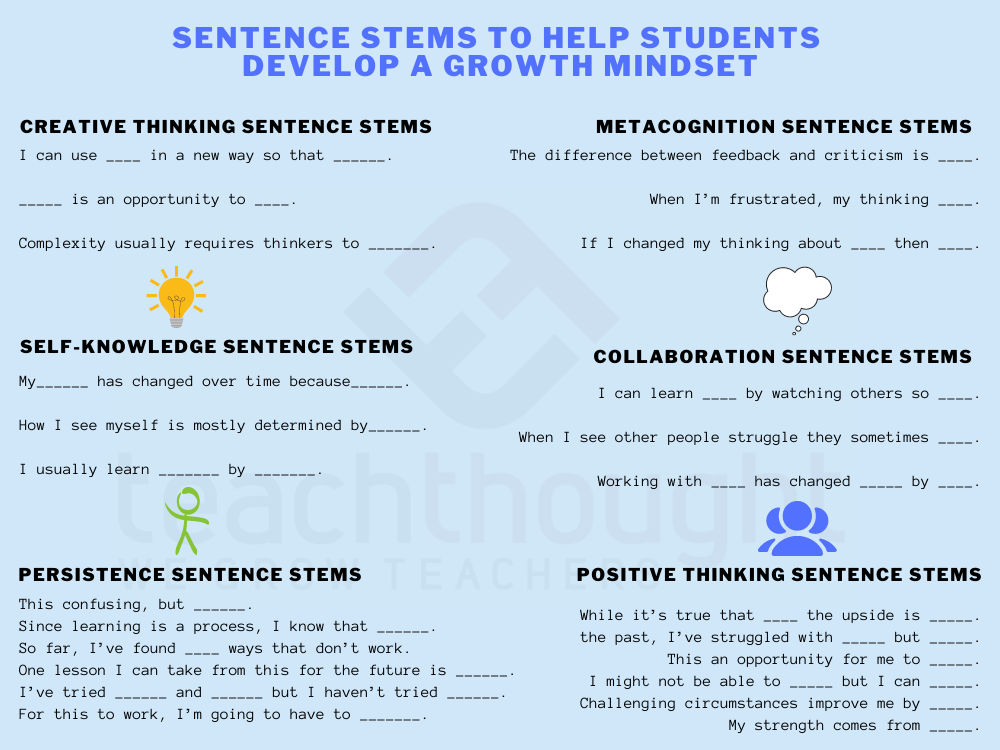
Help students develop a growth mindset with these sentence stems, categorized by collaboration, creativity, and other SEL pillars.
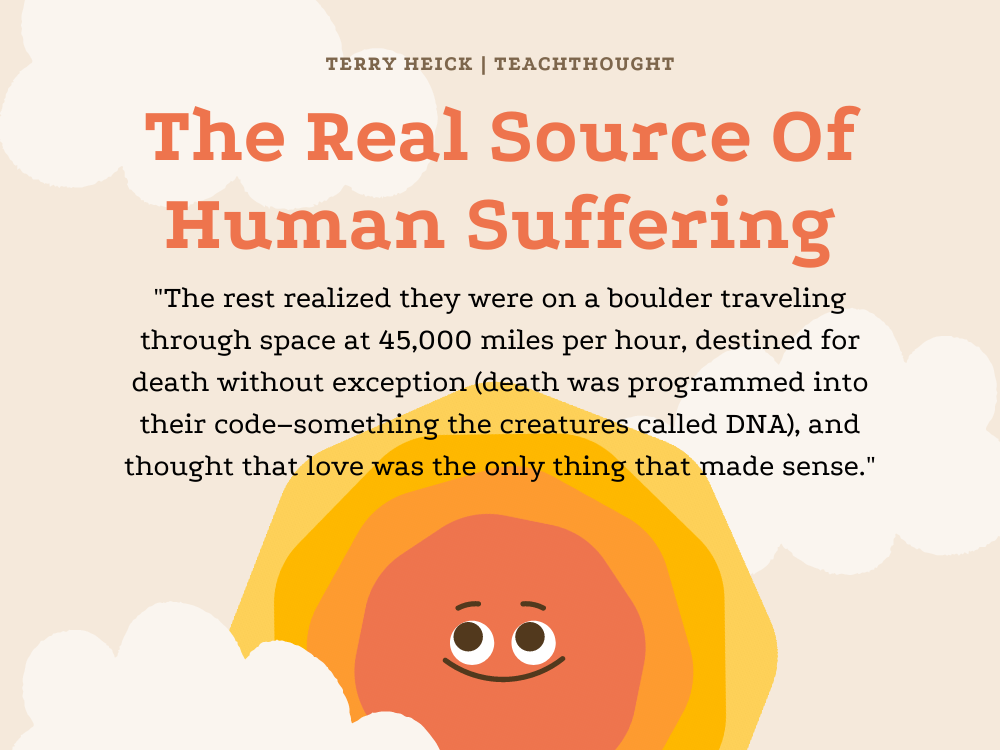
The source of all human suffering has something to do with loneliness–our systems pit us against one another in an illusion of competition.
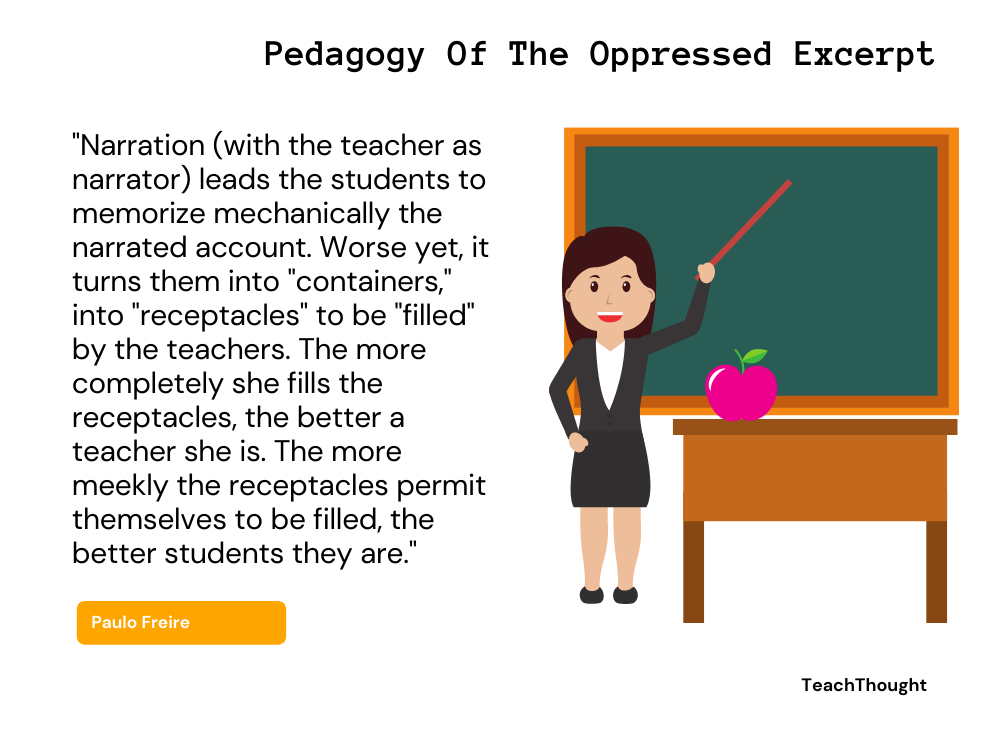
Paulo Freire’s education philosophy saw education as an active process of intellectual, sociological, and political assimilation.
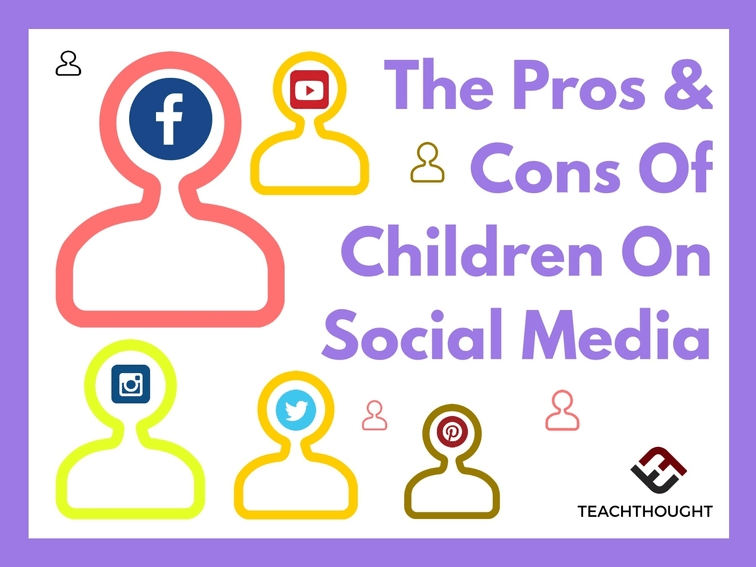
by Terry Heick One of the notable changes in the Common Core academic standards is a shift in literacy instruction from the shoulders of “English-Language Arts” teachers, to all content area teachers. And #4, “What strategies do your students use to figure out unknown words?” got me thinking. As a middle and high school English…
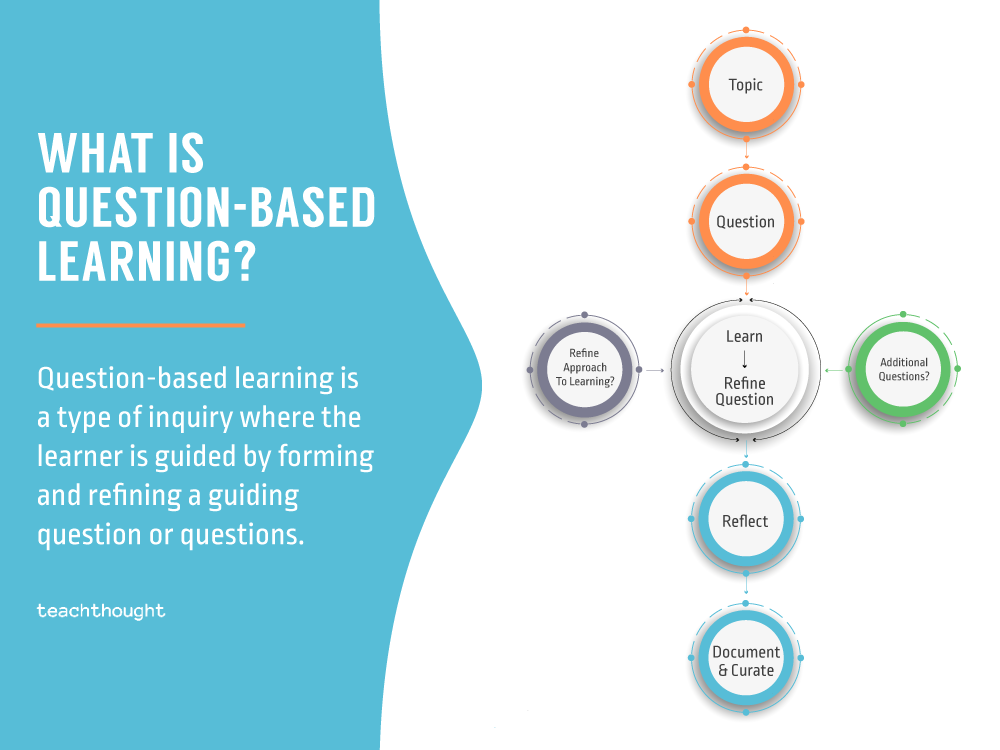
Question-based learning is a type of inquiry where the learner is guided by forming and refining a guiding question (or questions).
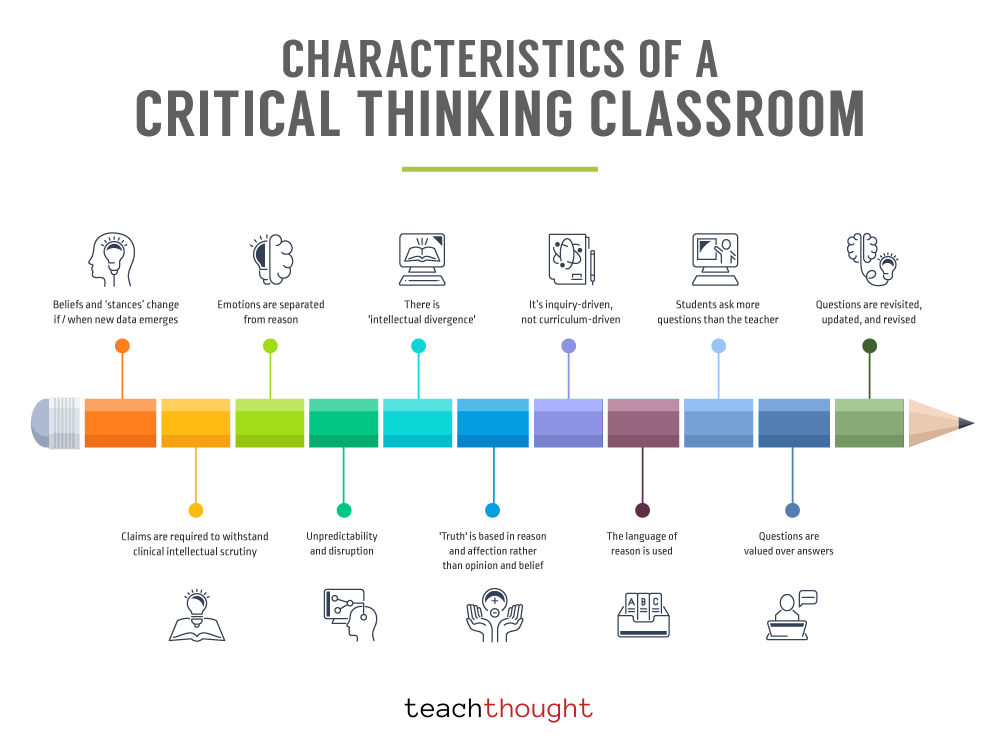
How do you know if your students are thinking critically in the classroom? Here are examples that might be good indicators.
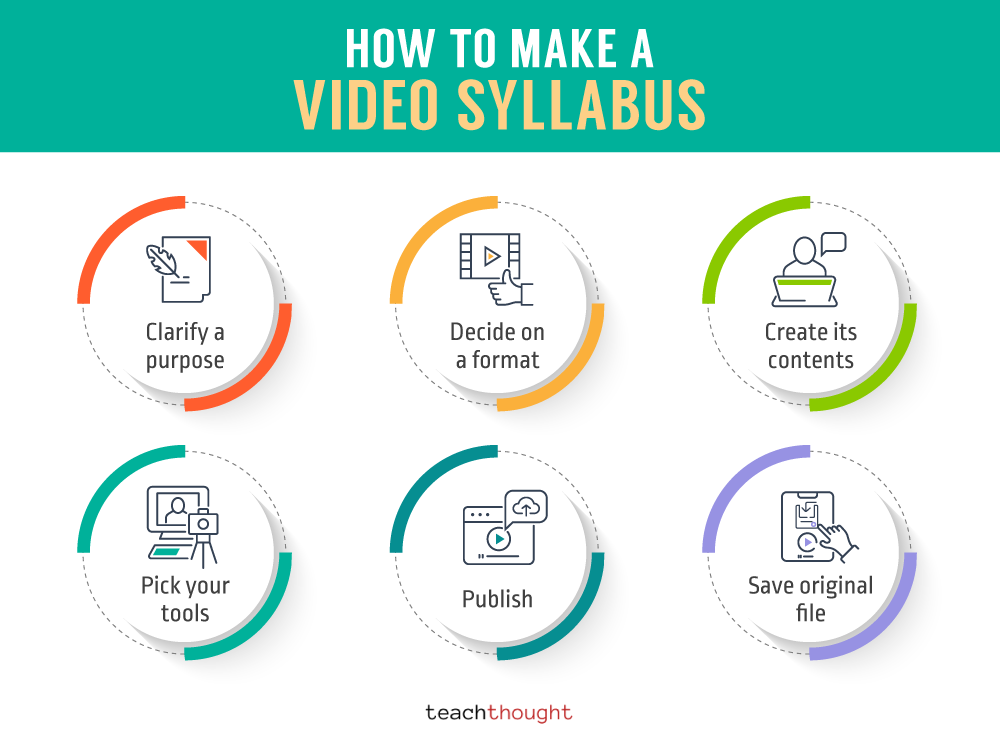
A video syllabus is a version of your syllabus in video form. It can be a simple slideshow or a creative framing of your course.
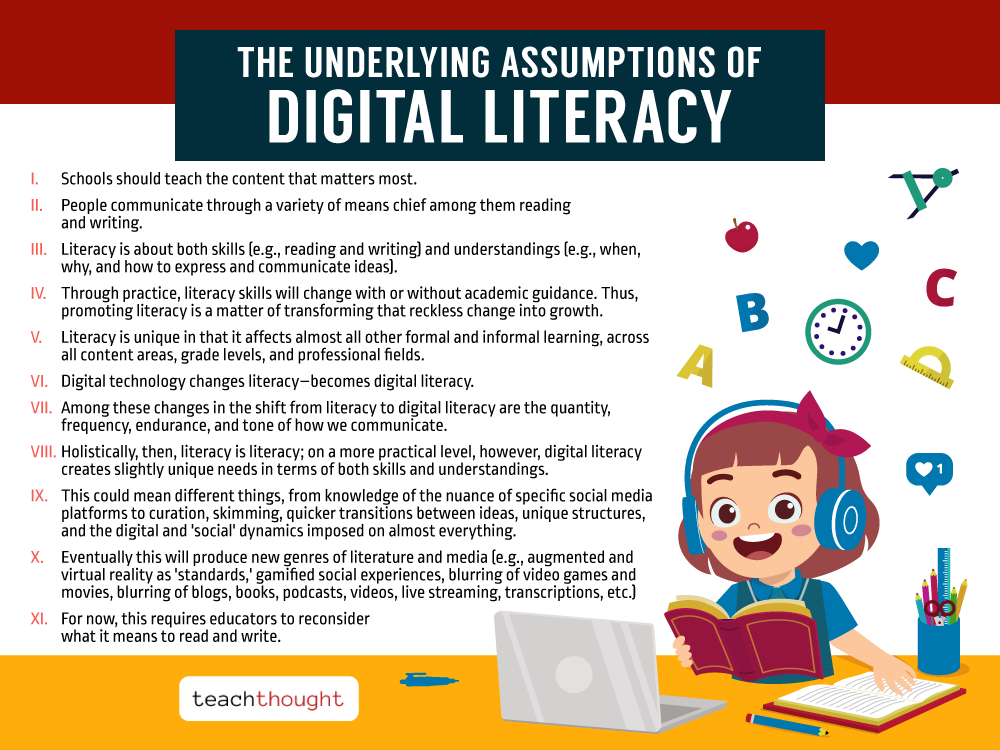
In understanding the shift from literacy to digital literacy, it may help to take a look at the underlying assumptions of digital literacy.
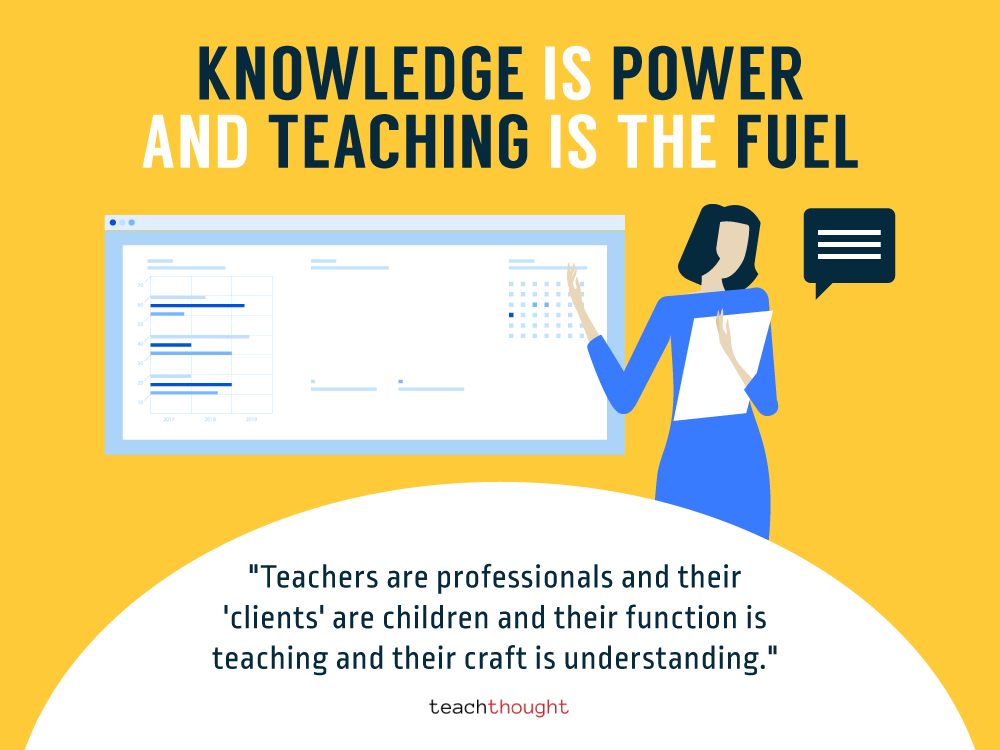
Teachers are professionals and their ‘clients’ are children and their function is teaching and their craft is understanding.
Social-emotional learning is part of the bedrock of critical literacy: helping them care enough to change themselves.